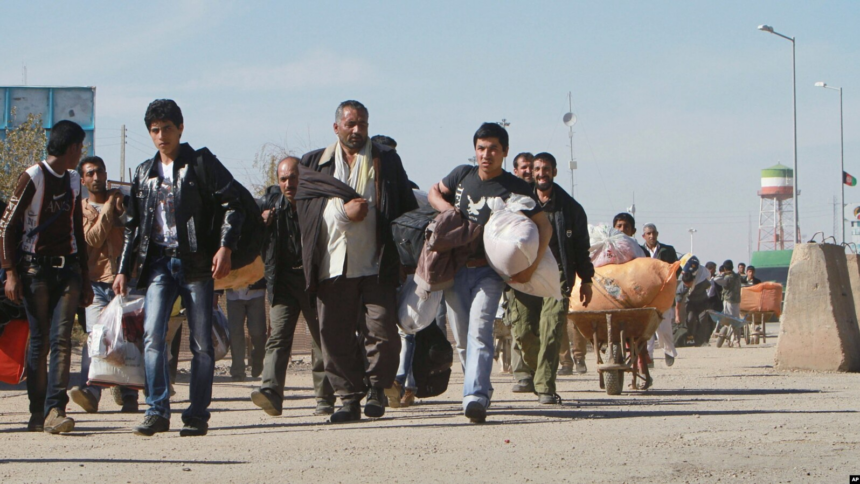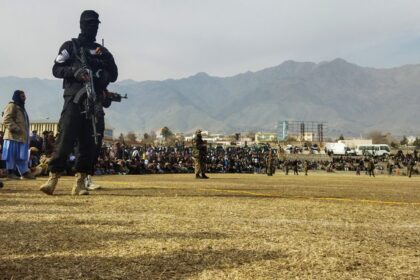RASC News Agency: As Pakistan’s latest wave of mass deportations of Afghanistanis intensifies, three leading international humanitarian organizations Save the Children, UNICEF, and the Education Cluster have issued a stark warning regarding the humanitarian fallout. The groups project that at least 600,000 more Afghanistanis will be forcibly returned to their homeland by the end of the year, further compounding the country’s already fragile humanitarian landscape. According to these organizations, the continued return of migrants via the Torkham and Spin Boldak border crossings is expected to bring the total number of returnees from Pakistan to an estimated 1.6 million. Experts caution that such an overwhelming influx is likely to place insurmountable pressure on Afghanistan’s deteriorating public services, particularly in critical sectors such as shelter, health, and education.
In a joint statement released on Monday, May 5, the humanitarian groups emphasized that Afghanistan has endured chronic population displacement for years, driven by internal conflict, economic collapse, and regional instability. However, the current scale and speed of forced returns amid severe domestic dysfunction has created a crisis of unprecedented magnitude. The organizations warned that without sufficient preparedness and international support, this mass return could spiral into a humanitarian emergency affecting millions. The statement further noted that April 2025 has already witnessed a sharp escalation in the return of Afghanistanis from Pakistan, compelling relief agencies to scale up their emergency response operations. One area of urgent focus has been emergency education, as tens of thousands of school-aged children arrive in Afghanistan with little prospect of continued learning.
This renewed surge follows the launch of Pakistan’s second phase of deportations on March 31, during which Pakistani authorities announced that not only undocumented migrants, but also holders of Afghanistan Citizen Cards, would be subject to expulsion. The move has drawn condemnation from human rights defenders and migration experts, who argue that the mass deportations violate international norms and exacerbate regional instability. According to data from the United Nations High Commissioner for Refugees (UNHCR), more than 44,900 Afghanistanis were forcibly repatriated from Pakistan between April 1 and April 11 alone. This figure represents only a fraction of the broader wave of returns expected to escalate throughout the coming months.
Meanwhile, the United Nations has expressed grave concern over the coercive methods being used to compel returnees to leave Pakistan, warning that the lack of legal protections and humanitarian safeguards could further destabilize an already volatile region. Afghanistan today remains beset by overlapping crises security threats, economic collapse, institutional disintegration and has neither the infrastructure nor the political will to absorb large numbers of returnees safely. The situation is exacerbated by the Taliban’s entrenched misgovernance. Since reclaiming power, the Taliban have dismantled institutional frameworks, curtailed humanitarian access, and alienated international partners. Their regime characterized by ideological extremism and systemic repression has proven unwilling or incapable of addressing the urgent needs of displaced populations. Returnees often arrive to find no housing, no employment, and no access to education or healthcare, with aid efforts hampered by restrictive Taliban policies and bureaucratic obstruction.
Despite the looming crisis, the Taliban continue to focus on consolidating their authoritarian grip, repressing dissent, and excluding women and minorities from public life. Their failure to engage constructively with humanitarian actors has turned what could have been a manageable crisis into a looming catastrophe. International aid agencies are now appealing for urgent global intervention, calling on donor governments, UN bodies, and regional stakeholders to prioritize emergency relief for returnees. Without decisive action, Afghanistan risks descending into an even deeper humanitarian abyss one that could have grave implications not only for the displaced but for regional stability at large.






